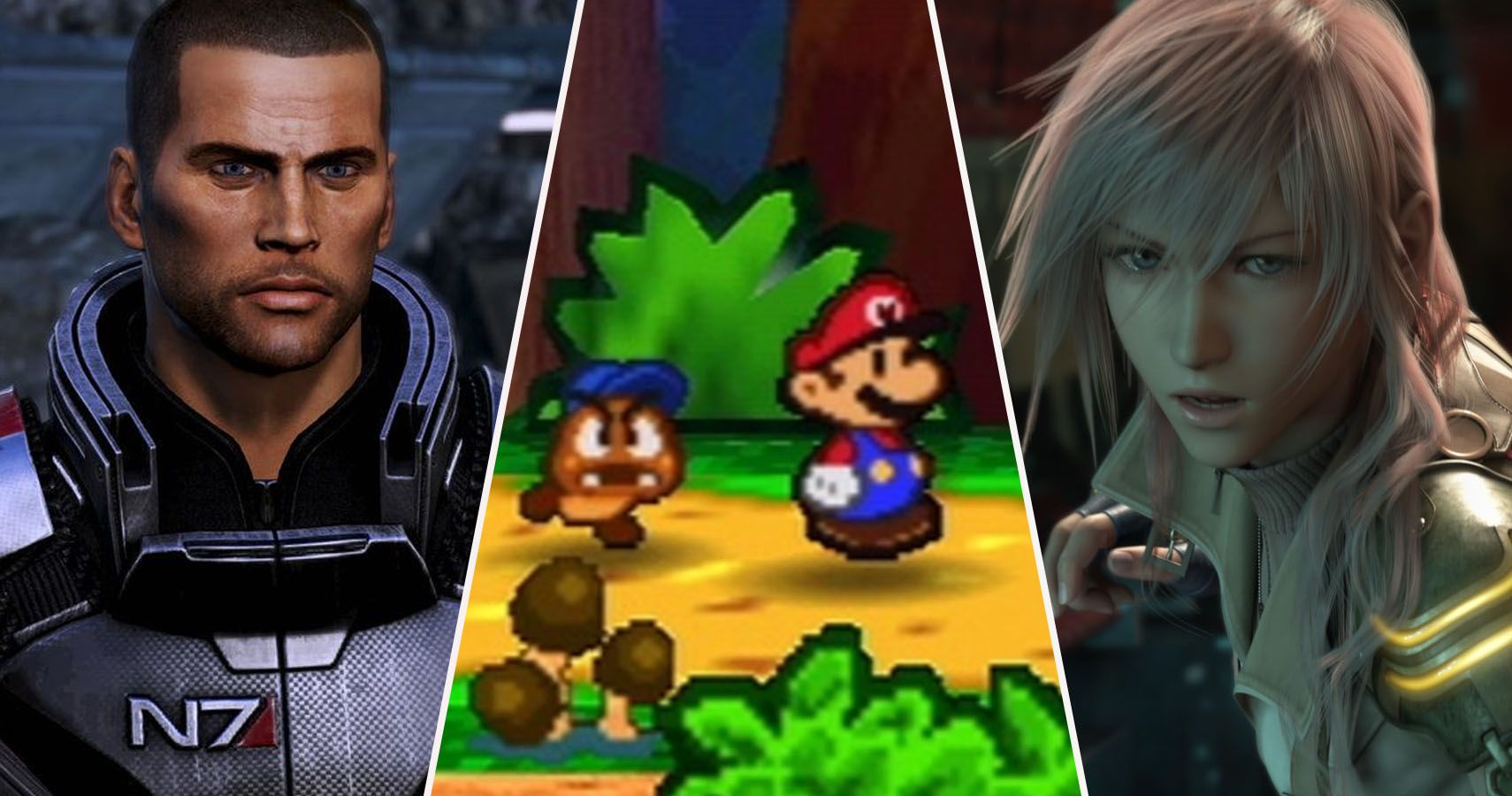
Video games have a unique relationship with pacing, more so than any other artistic medium. The very nature of player agency makes a slow start far more challenging to overcome than in a movie or book – video games are a time sink that demand the audience’s attention. The RPG genre in particular doesn’t shy away from longer titles, but this can result in games that take a few hours to stretch their legs and really get going.
RELATED: The 15 Hardest RPGs Ever Made, Ranked
While most people play games for instant gratification, some of the best RPGs in the genre can’t be approached that way. RPGs are notorious for taking their time in setting a mood or introducing mechanics, alienating those who just want to get into the swing of things. But in a genre where the average RPG pushes dozens upon dozens of hours, a rough opening is a blip in hindsight.
10 Dragon Quest VII
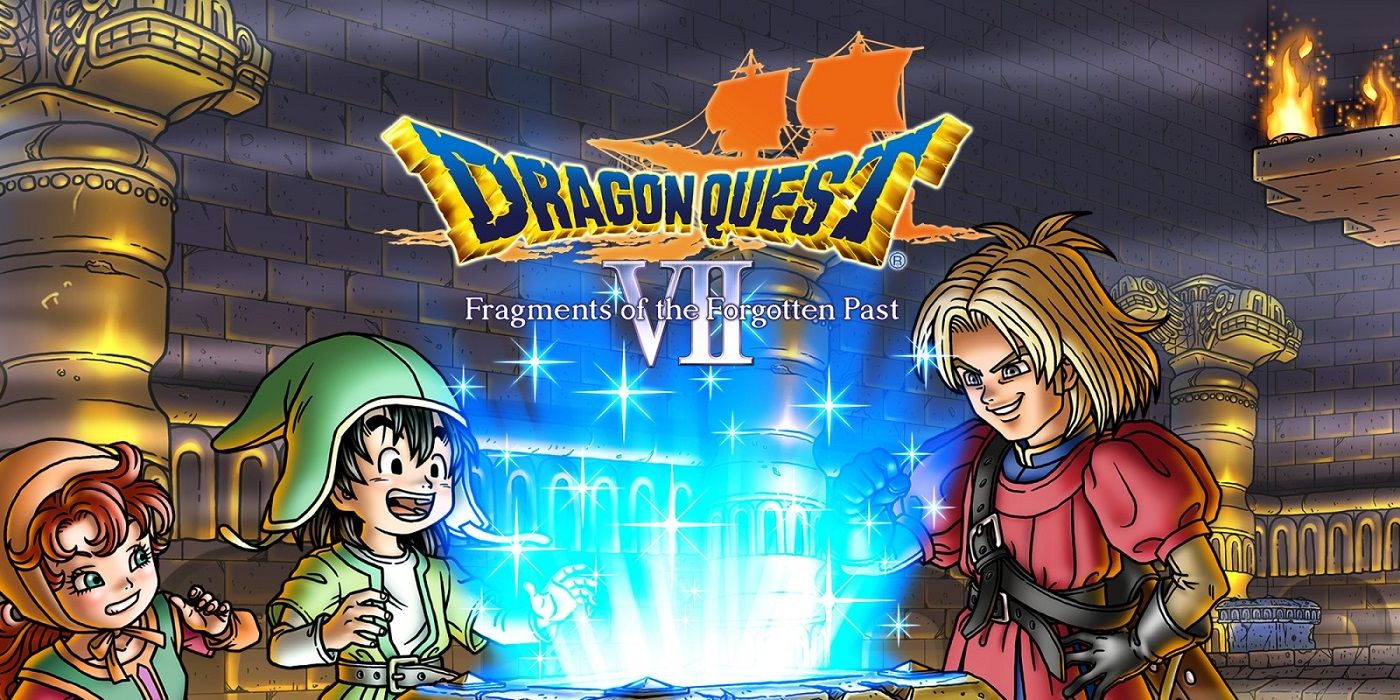
As far as JRPGs are concerned, the Dragon Quest franchise is as classic as they come – playing most of the genre’s tropes fairly straight (while also being an important codifier of many). Despite this, each game in the series has a clear identity both narratively and in terms of gameplay. Dragon Quest VII in particular is a slow based RPG composed primarily of vignettes where patience is an absolute must.
It takes a long time just to get to the first battle, let alone when players finally start gaining some agency over how their party develops. It’s important to understand just what kind of game Dragon Quest VII is before starting, but the slow burn narrative ultimately just builds a wonderfully rich world with some genuinely beautiful storytelling.
9 EarthBound Beginnings
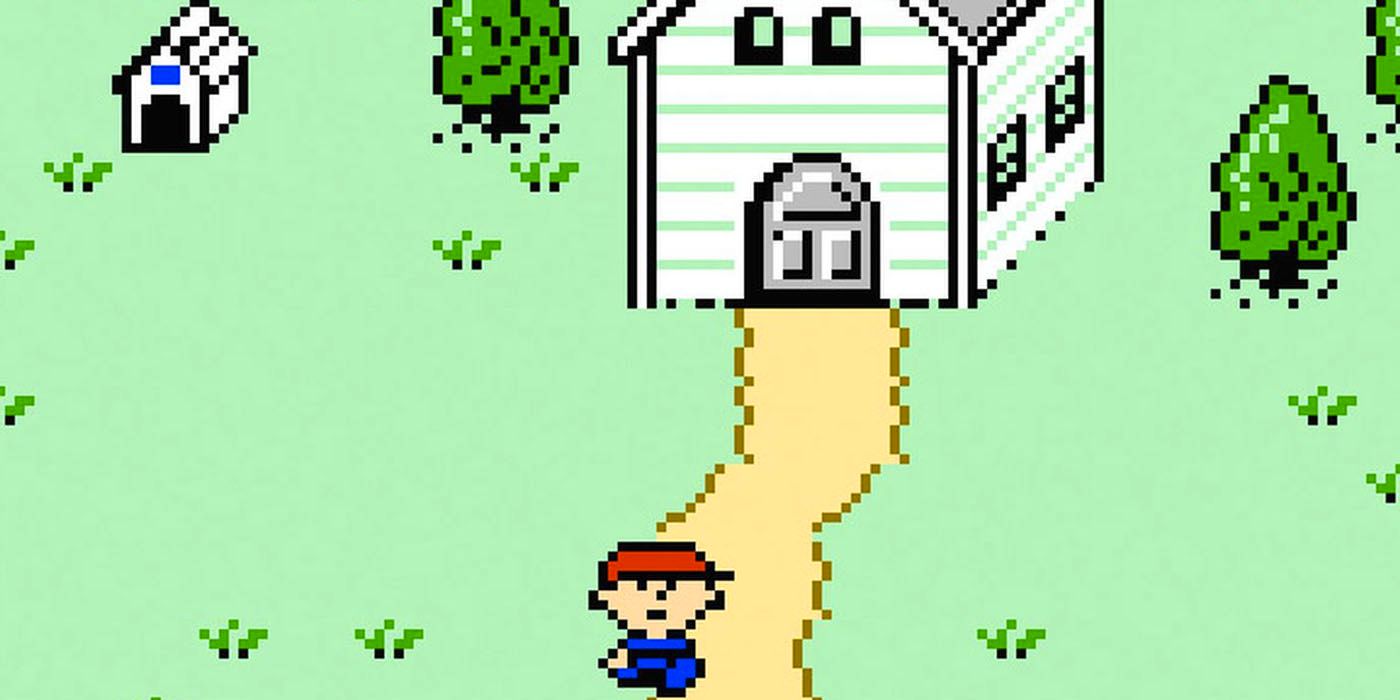
Neither EarthBound or Mother 3 open with a bang, but they’re both RPGs that settle into their core gameplay loop more or less right away. Comparatively, EarthBound Beginnings has a much harsher opening. Ninten has next to no direction, combat isn’t particularly fun without a full party, and the level design just isn’t that interesting.
But there’s a certain charm that keeps EarthBound Beginnings captivating and the quality spikes in quality upon entering Magicant for the first time. EarthBound Beginnings can be on the grindy side, but the RPG only gets better as it goes on – ending up one of the best games on the NES and a fantastic start to one of Nintendo’s best series.
8 Final Fantasy XIII
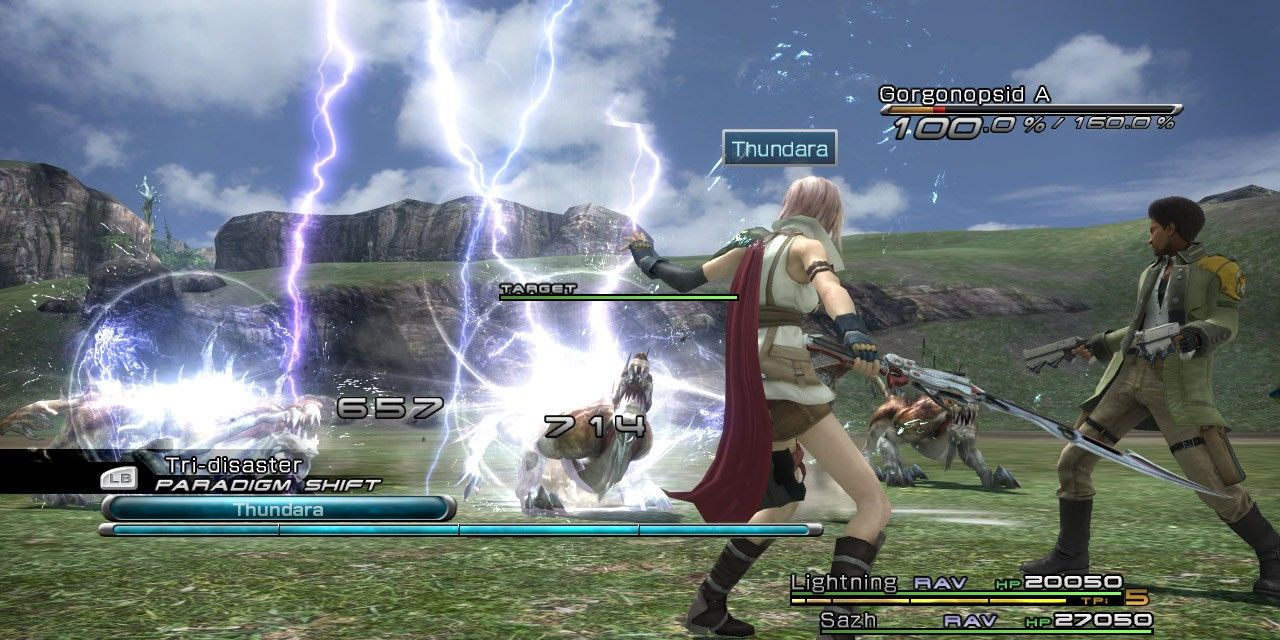
Final Fantasy XIII is almost notorious for how long it takes for the main storyline to actually open up. Fans regularly lambast the game for its “15 hour tutorial” and for good reason. While it’s not actually the case, Final Fantasy XIII takes an extremely long time actually getting the main party together and allowing players to explore the world around them.
RELATED: 15 JRPGs With The Deepest Lore, Ranked
When Final Fantasy XIII finally opens up and just lets audiences play the game, it’s not hard to see why the RPG has such a dedicated following. The combat is some of the most strategic in the series, the presentation is consistently top-notch, and exploration is actually fun when plates are limited to hallway after hallway (though dungeons don’t exactly fare much dungeon).
7 Mass Effect
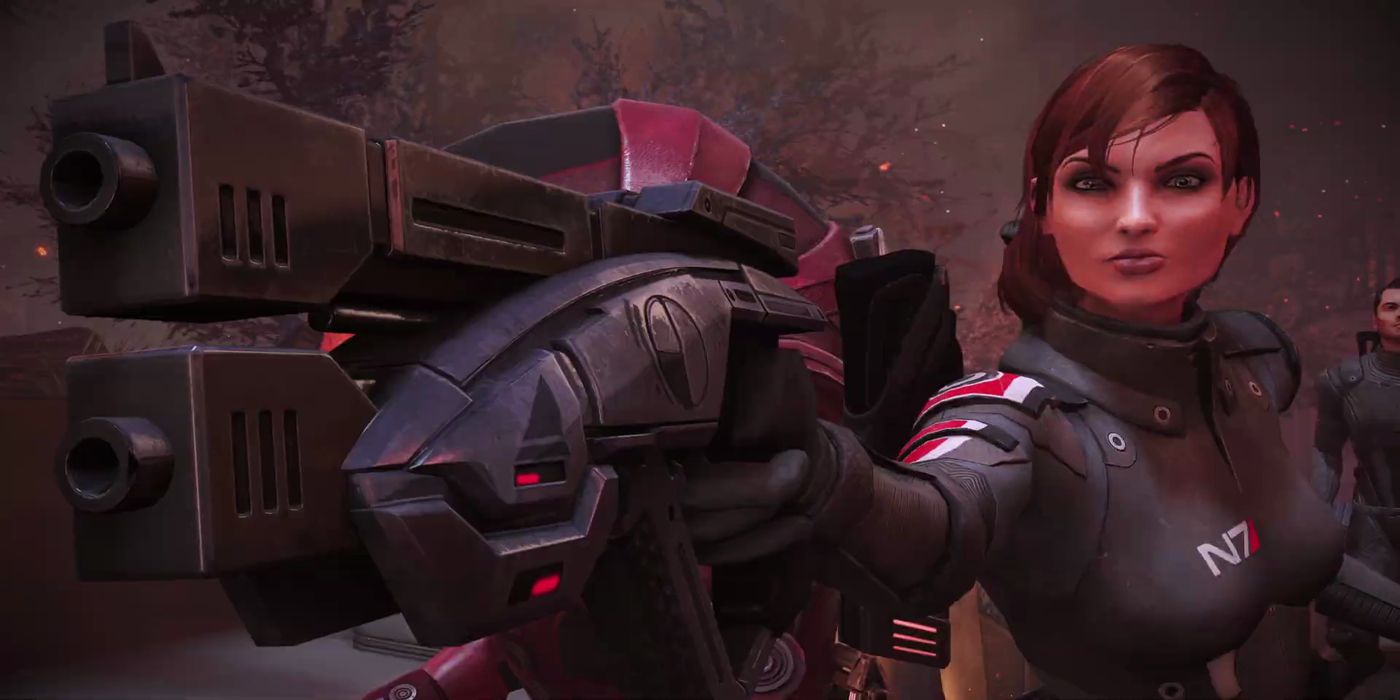
The original Mass Effect’s opening focuses on setting a tone above all else, and while that’s in no way a bad thing, it does mean players have to trudge through the game’s blandest content to finally get to the best. Worse, information overload makes it difficult to fully appreciate each party member’s introduction or the political machinations at work narratively.
It isn’t until Mass Effect allows players to get to know their squad intimately or start exploring the galaxy that the game finally opens up. The RPG mechanics are the best in the franchise (in that the original Mass Effect actually feels like an RPG with shooting mechanics, rather than a shooter with light RPG elements) along with arguably the best story in the original trilogy.
6 Paper Mario
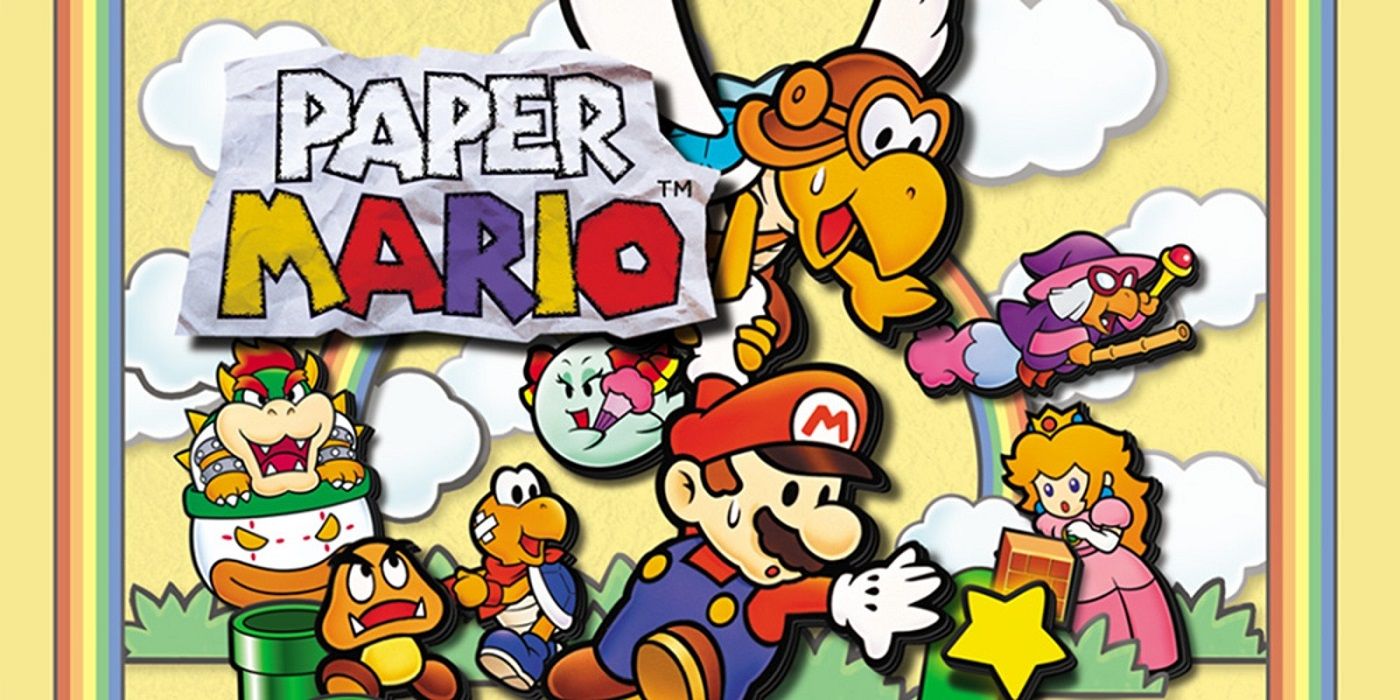
The first two Paper Mario games are beloved RPGs, but they both suffer from their fair share of flaws. The original Paper Mario in particular feels like an actual chore to begin. While players only need to endure an hour of tutorialized gameplay and a general lack of freedom, Paper Mario’s introduction feels long – especially on a replay when the game forces players to relearn how to play (and slowly at that). Paper Mario is quick to open up once control is actually handed over to the player properly, but the game’s opening is a far cry from Super Mario RPG’s extremely brisk intro.
5 Shin Megami Tensei IV
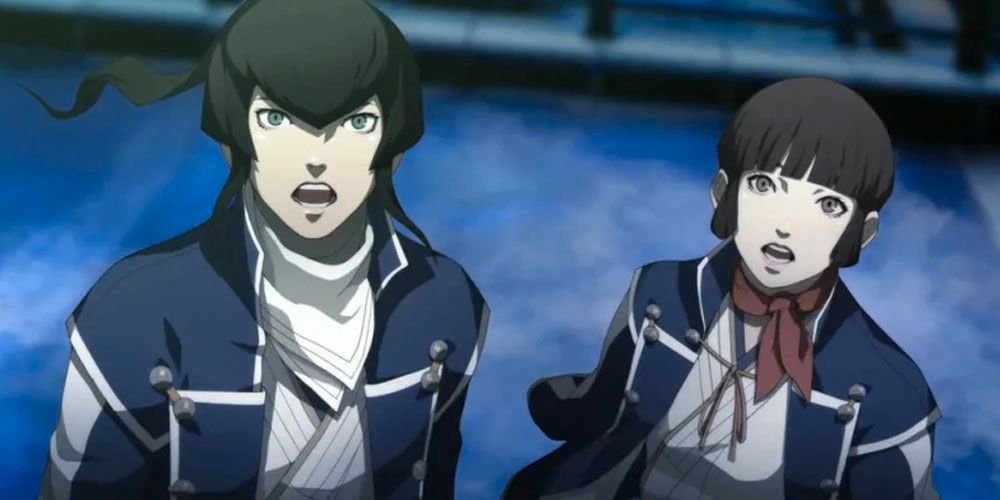
Shin Megami Tensei IV is one of the best games on the 3DS (RPG or otherwise), but its first few hours are a genuinely hard sell. The Kingdom of Mikado is unique compared to SMT’s staple setting of Tokyo, but the linear nature of the early game – along with brutally hard difficulty curve and visual novel esque story – make for an awkward few opening hours.
RELATED: 10 PC RPGs With The Best Main Stories
It isn’t until the main cast actually reach Tokyo where Shin Megami Tensei starts coming into its own, and fast. The story picks up in pace, the tone starts to reflect what’s expected of the franchise, and the difficulty curve becomes considerably more reasonable as players gain access to better Demons and Skills.
4 Tales Of The Abyss
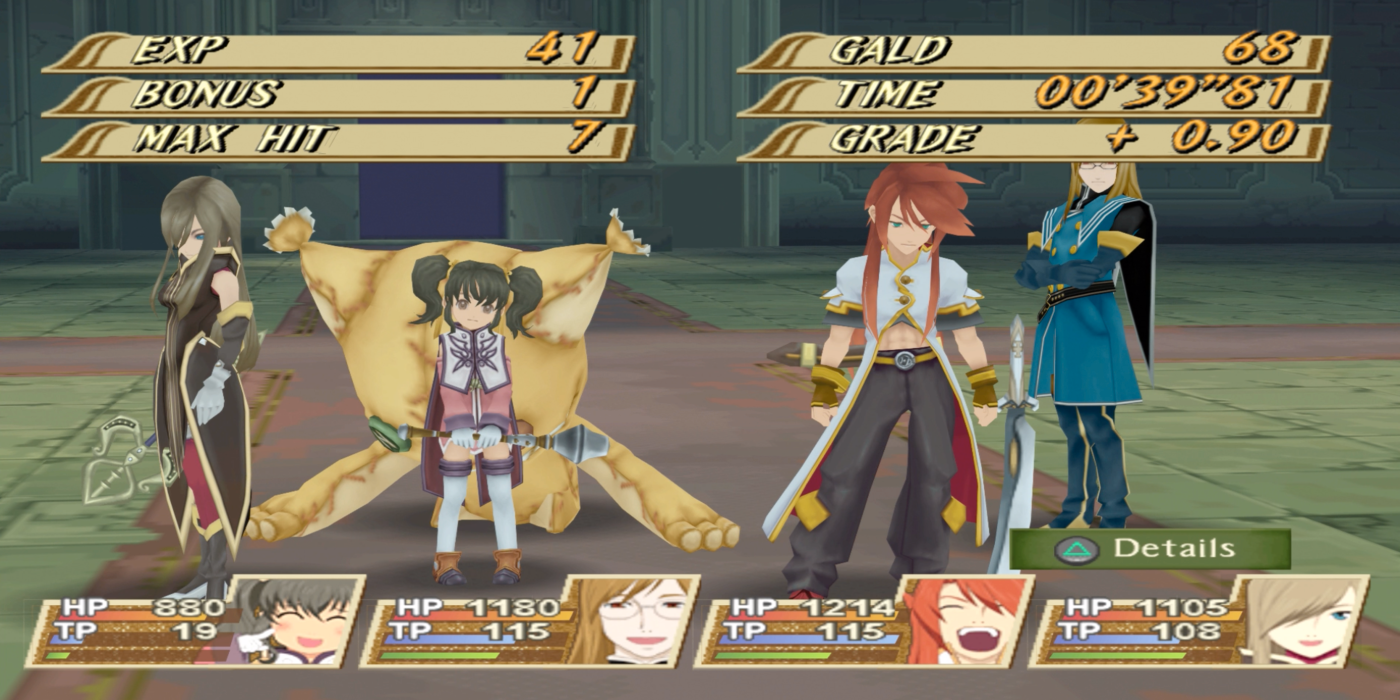
Luke fon Fabre’s character arc is all about deconstructing his self-absorbed, childish personality – which means he spends a huge chunk of Tales of the Abyss’ early game acting like a spoiled brat who the rest of the main cast need to baby. Luke keeps this act up for over 10 hours of gameplay (and then some) before he’s finally humbled by his own mistakes.
Luke’s personality is painful early on and hard to like, but it culminates in one of the best character arcs in the genre. Luke’s growth alongside the rest of the cast – coupled with a story that focuses heavily on what it means to be alive – makes Tales of the Abyss’ pay off all the better. Just be ready for a lot of build up.
3 Trails In The Sky FC
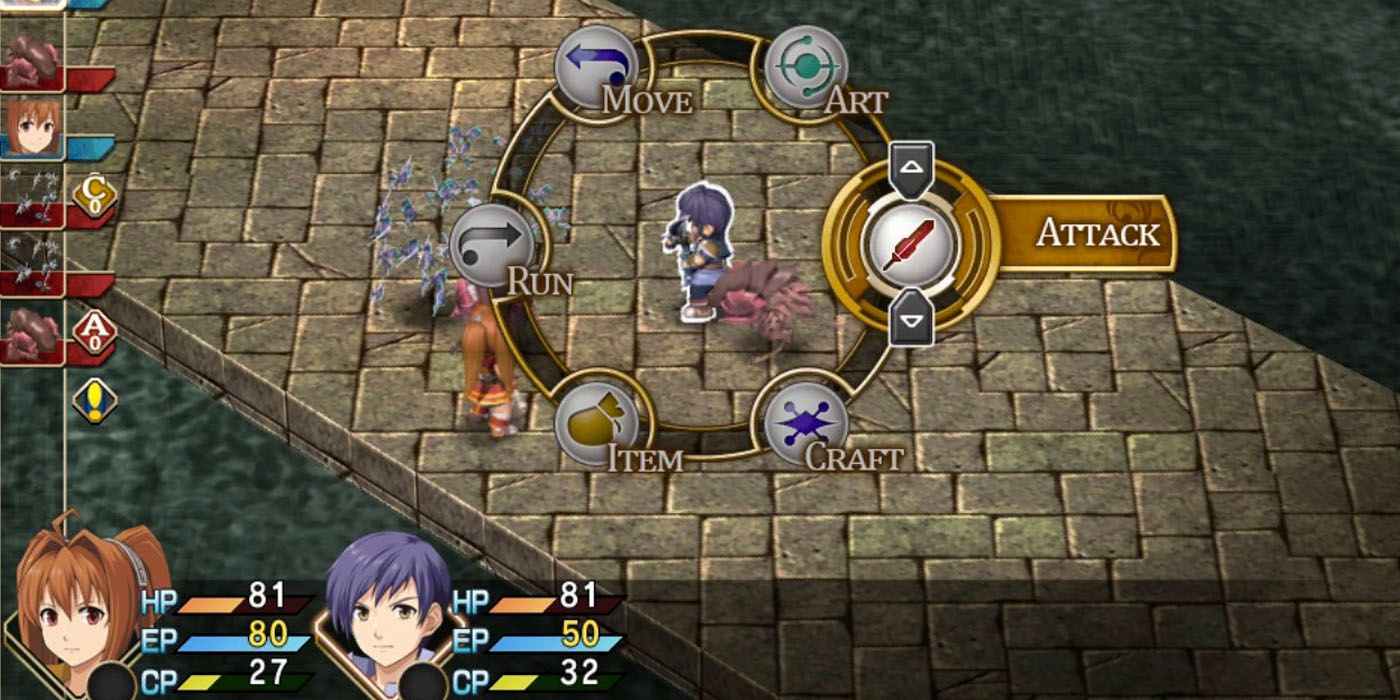
Trails in the Sky FC is the definition of a slow burn and players best be prepared before starting the first of many long RPGs in Falcom’s still ongoing saga. The main appeal of the Trails series boils down to its attention to detail, featuring dynamic dialogue where NPCs actively react to the world around them – and often for any little thing that happens narratively.
This often results in side quests popping up in abundance, taking attentive players who feel the need to do everything off the beaten path for hours at a time. Trails in the Sky FC’s prologue is particularly notable for this, extending over five hours for anybody who wants to do and see absolutely everything before the story actually begins in earnest. That said, this just means Trails in the Sky FC's story has more depth than the average RPG.
2 Xenoblade Chronicles 2
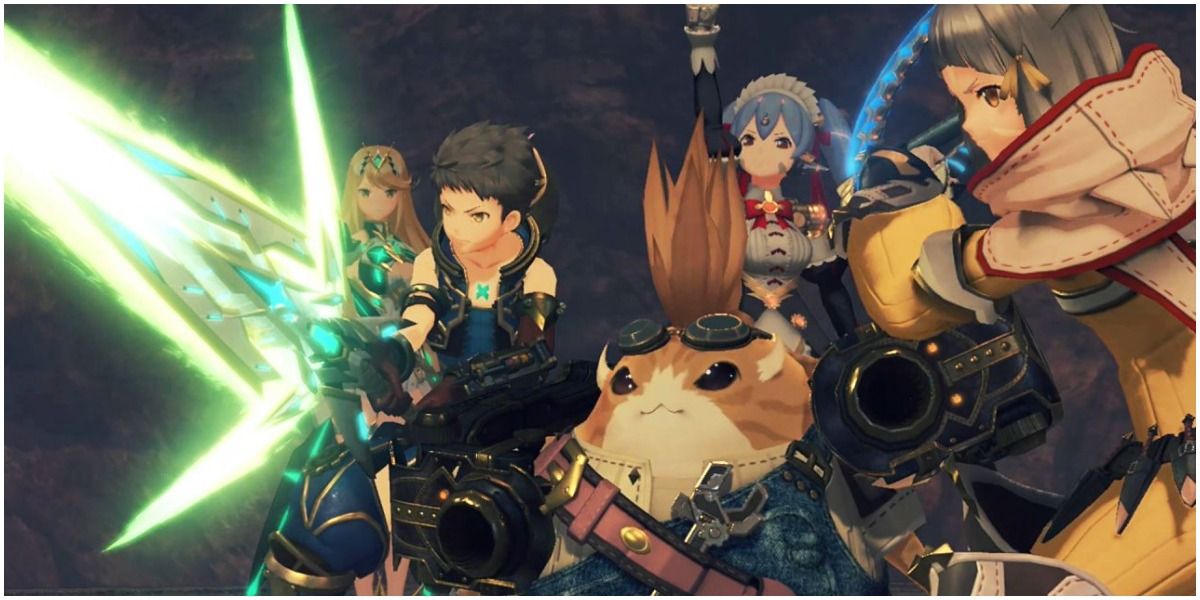
Unlike either of its predecessors, Xenoblade Chronicles 2 does not open with its best foot forward. Rex lacks Shulk’s maturity or depth and is surrounded by a party full of caricatures. The combat doesn’t explain itself particularly well, takes forever to open up, and the story spends more time circling tired tropes out of shonen anime instead of fleshing out the plot.
It’s not until the end of Chapter 3 where Xenoblade Chronicles 2 really starts to flesh out its story. Jin and Malos are far more complex villains than anyone featured in either Xenoblade Chronicles 1 or X, and Torna’s tragic backstory adds genuine pathos to their plight. Xenoblade Chronicles 2 doesn’t quite stick the landing, but the second half blows the first completely out of the water.
1 Ys IX: Monstrum Nox
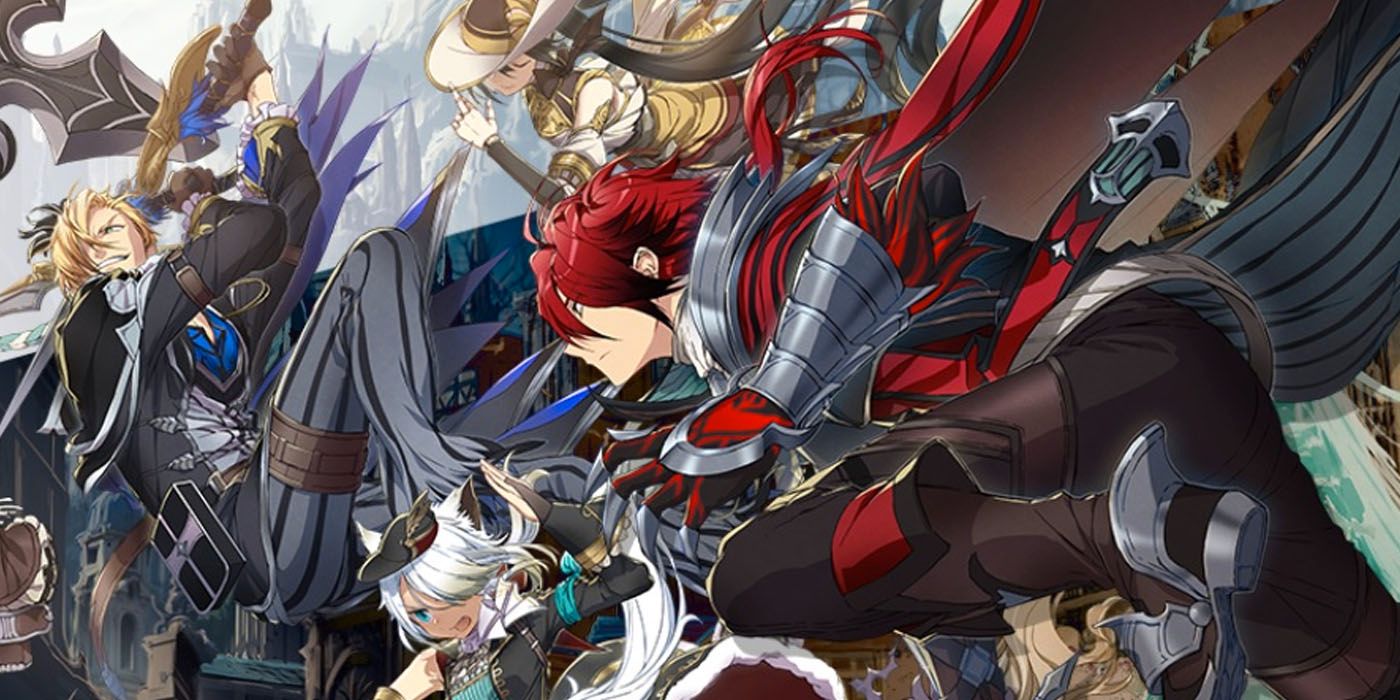
The Ys franchise has been experimenting with denser storytelling since SEVEN on the PSP, mainly to mixed results. SEVEN and VIII have excellent stories, but more because of how they reflect on Ys as a franchise – not because of their length. Ys IX eventually gets to a similar point and leaves series veterans with some important commentary on protagonist Adol Christin, but there’s just no getting around the slow first half.
Ys IX takes its time setting up the story’s central mystery and introducing the main cast, forgoing the series’ history of brisk pacing in favor of detailed plotting that just doesn’t feel at home. That said, the combat shines immediately and the level design is the best Ys has seen in ages. Beyond this, Monstrum Nox’s story comes into its own during the second half – even leading into one of the best last acts in the franchise.

